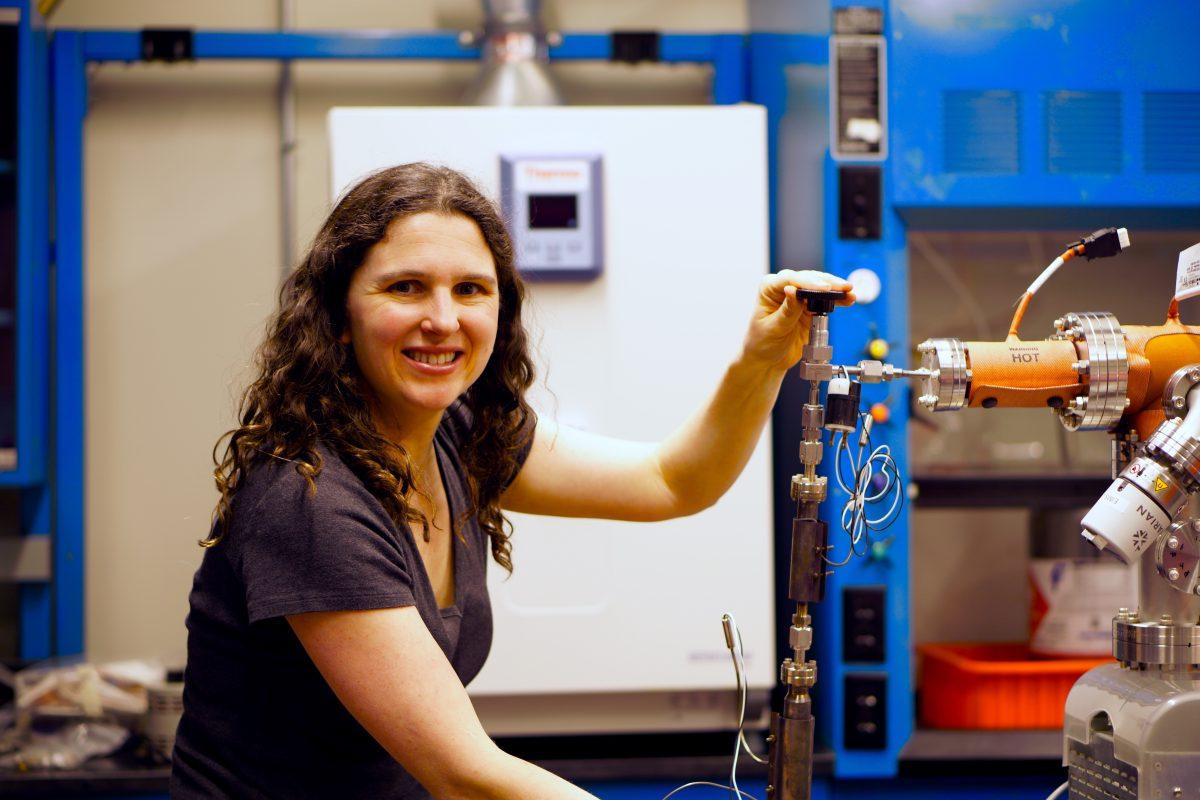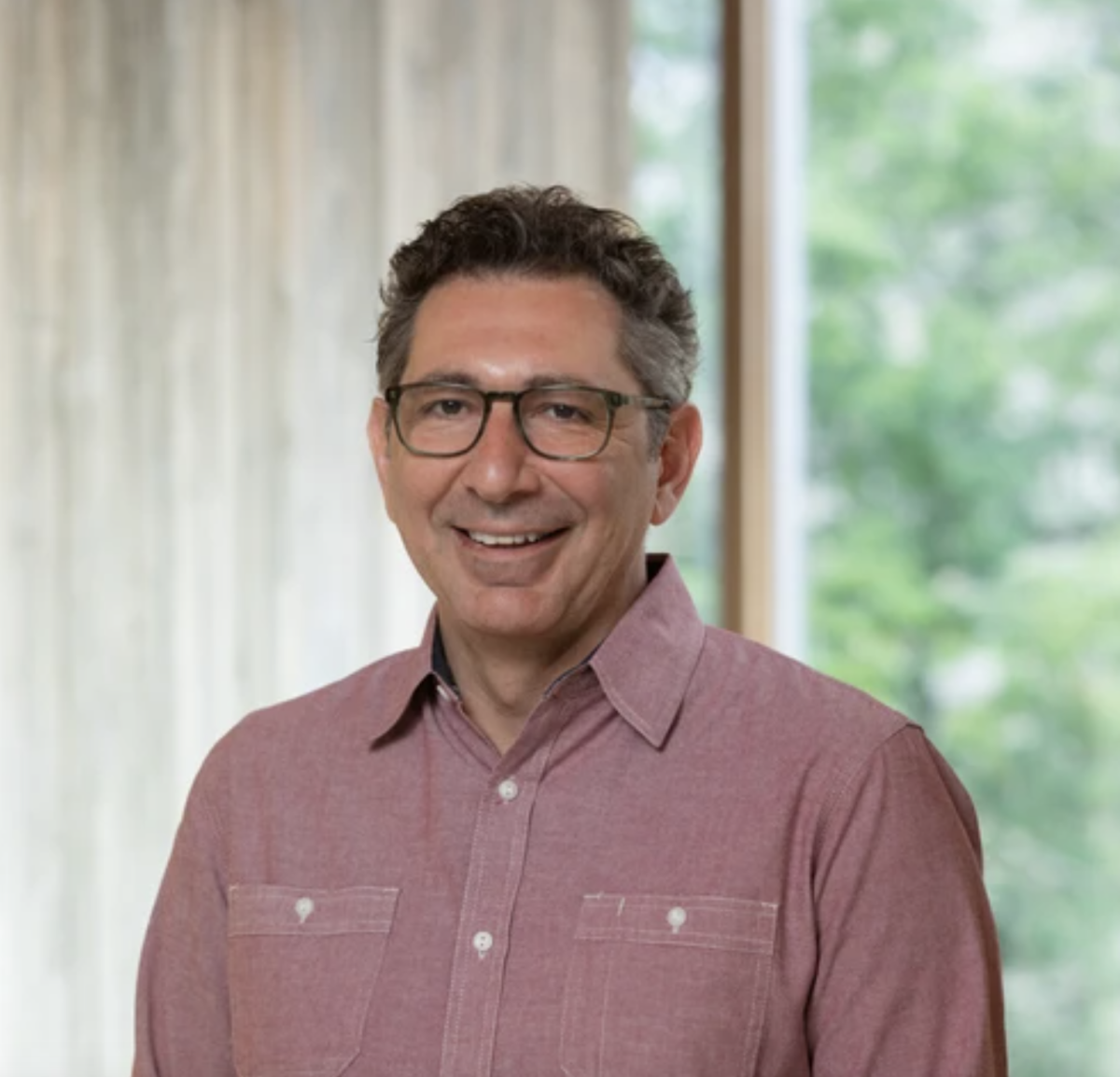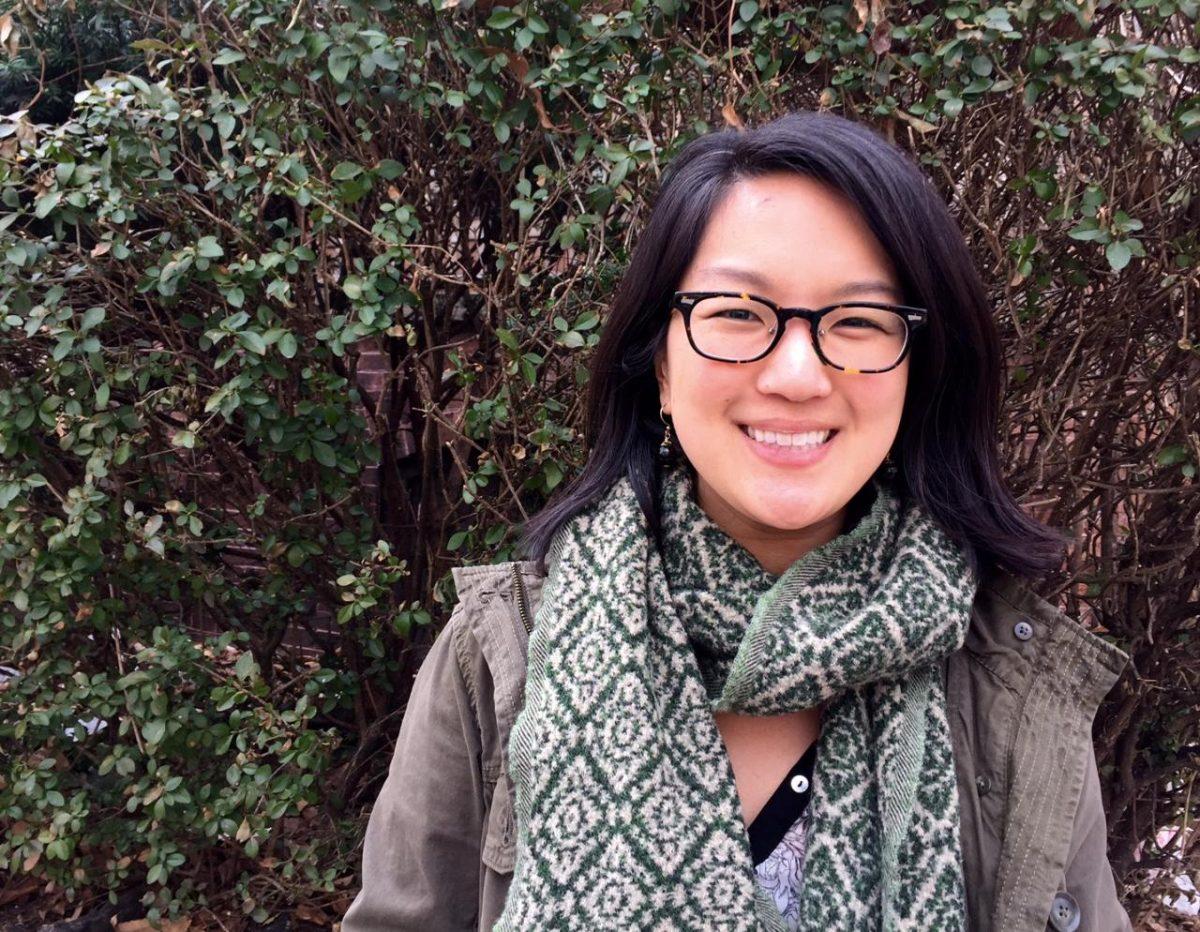A current specialist in environmental inorganic chemistry, Assistant Professor of Chemistry Rachel Stanley has spent a great deal of her time outside the classroom on boats and by the beach, working with mass spectrometers and gas tracers. She describes herself as the detective of ocean processes and climate change.
“Just like detectives have their set of clues in investigations, my clues are gases. I measure them and try to use these clues to learn about the ocean,” she explained.
Stanley’s interest in the environment, and more particularly the ocean, first emerged when she was a high school student. At that time, she had the opportunity to learn about oceanography and talk to oceanographers. Yet when she was in high school, she had never really thought of the ocean as a subject of chemical science.
It was later in her academic career, after Stanley had already considered various different fields of chemistry including biomedical chemistry, nuclear chemistry and organic chemistry, that she realized: “I love the ocean, I love chemistry, then why not combine them together?”
Stanley went on to pursue her bachelor’s degree in chemistry with a minor in earth science at the Massachusetts Institute of Technology (MIT) and later on earned a Ph.D. in chemical oceanography through the Massachusetts Institute of Technology and Woods Hole Oceanographic Institution Joint Program. At that time, Stanley said that she loved doing research and thought she would spend her lifetime as an oceanographic scientist. After graduate school, she continued to work as a researcher at Woods Hole Institution, one of the most prestigious oceanographic institutions in the country.
“However, during my undergraduate years, I had some meaningful teaching experience,” Stanley recalled. “As a researcher at Woods Hole, I did research 100 percent of my time and really loved what I was doing. Nonetheless, I genuinely missed teaching and the students.”
With such a vision, Stanley began working as associate professor at the chemistry department of Wellesley College in 2015.
More than merely inculcating chemistry theories and equations, Stanley aims to assist students in acquiring a scientific intuition. She therefore strongly believes that chemistry courses are not solely for chemistry majors and premedical students.
“In my class, I want students of all backgrounds, even those who have never taken science before to realize how much science fuels our world, our everyday life,” she said. “When you start using scientific methods to look at even the simplest example in your daily life, not only will you get surprised and have a lot of fun, but you will also observe the world more precisely and understand your surroundings more thoroughly.”
Stanley attributes her love for teaching to her desire to “pay it forward.” As a female scientist, she recalls that she was regarded equally by her male counterparts and greatly supported by all the professors and advisors she worked with. Thus, Stanley stressed her dedication to helping and inspiring others:
“I want to help people, and I can help people in a much more tangible way through teaching them,” she said.
She continued on to explain why she decided to pursue professorship rather than solely focusing on research.
“Undoubtedly, scientific research is important but its importance and effect might take such a long time to be observed. Meanwhile, by teaching students, I can see the effect directly and immediately, for example when I help a student understand what she never knew before, or when I help build the confidence and the scientific keenness in students, which would definitely benefit them through their entire lives,” she said.
“The feeling that I am giving back to somebody in particular makes me happy in a way that I know I don’t when I only do research.”









